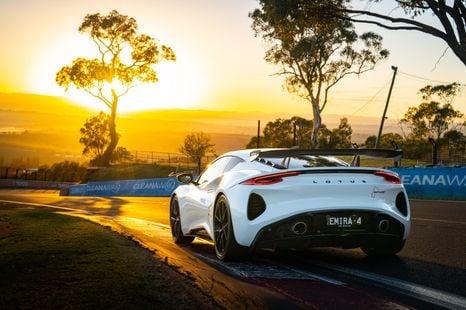

Alborz Fallah
2026 Lotus Emira Turbo Bathurst Edition revealed with big bumps in power, price
1 Hour Ago
BMW looks as though it will buck industry trends and is said to be developing a new range of petrol and diesel engines to cut CO2 emissions.

Journalist


Journalist
While many other automakers are abandoning the development of new engine families, BMW is going to buck the trend.
Frank Weber, BMW’s head of development, told Auto Motor und Sport the company is “working on a new generation of engines: petrol, diesel, six-cylinder, eight-cylinder”.
Weber says BMW needs “state-of-the-art combustion engine for a few years to effectively reduce CO2 emissions in the passenger car sector globally”.
The development chief claims with the “six-cylinder engine alone, we are reducing CO2 emissions more massively than has ever been the case with a generation change”.
When pressed if the Bavarian firm’s new engines are all-new or extensively revised versions of today’s motors, Weber answered, “Nothing is really like it was before”.
He went on to say BMW’s new engines will feature a “powerful electric drive pulley”, and a “promising approach” to the “entire charge cycle”, which includes “something completely new in the cylinder head”.
If these engines are indeed all-new, BMW will once again be bucking industry trends.
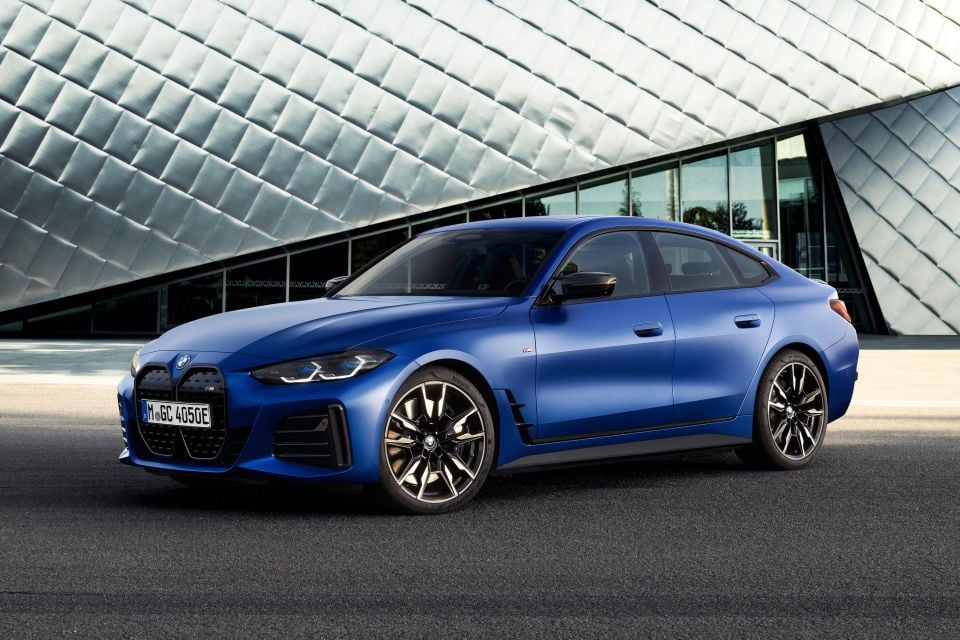
At the end of 2021 Hyundai closed its engine development arm, with most of its engineers and designers moved to electric drivetrain development. A small crew will continue working on internal combustion engines to revise existing petrol and diesel motors.
Volkswagen and Audi have also said they will continue to update existing engine ranges, but aren’t planning on developing any new mills.
With the EU planning to ban the sale of new cars with petrol and diesel drivetrains from 2035, BMW will be forced into offering only EVs in many markets.
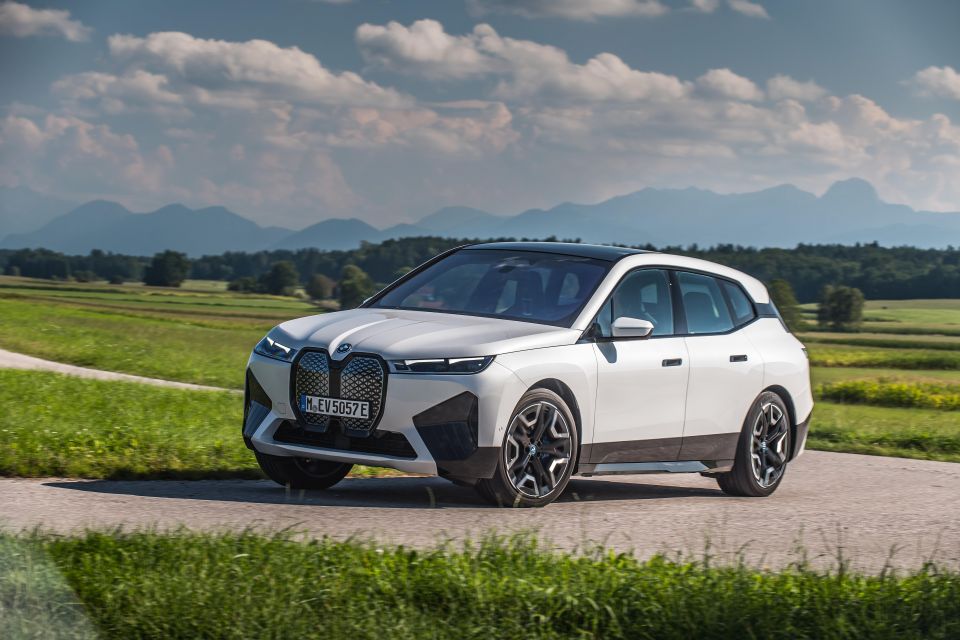
Oliver Zipse, BMW’s CEO, says it will be able handle any internal combustion engine (ICE) bans from 2030 onwards.
The company is currently developing a new architecture — dubbed Neue Klasse — which is being designed around EV technology, but may also accommodate internal combustion engines.
Neue Klasse vehicles are expected to enter production from 2025, and the new platform will underpin all of the brand’s vehicles from 1 Series through to its range-topping sedans and crossovers.
In the near term, the majority of the automaker’s EV offerings will be pure electric variants of existing model lines, such as the i4, which shares its body and underpinnings with the 4 Series Gran Coupe.
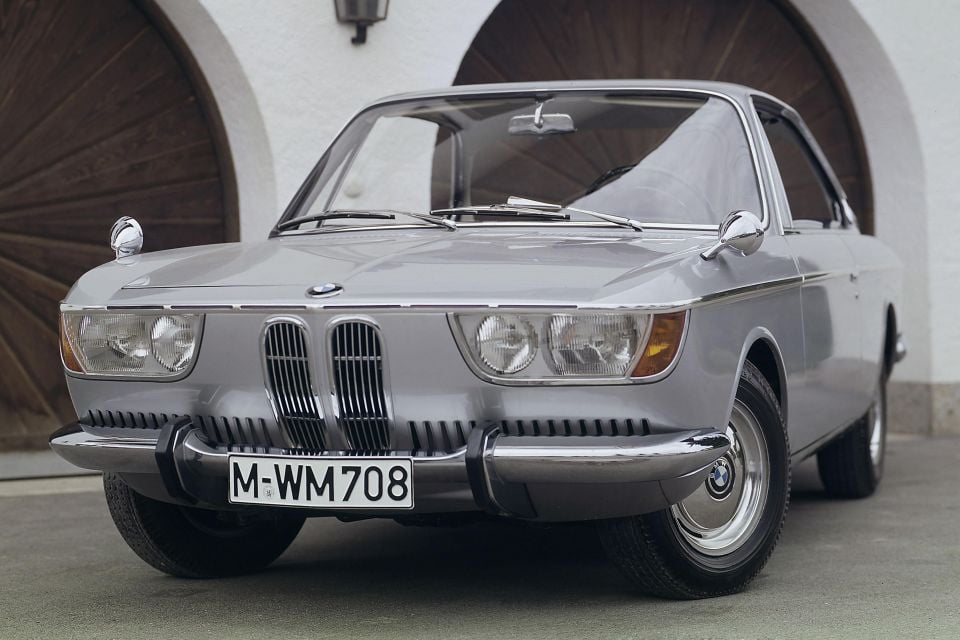
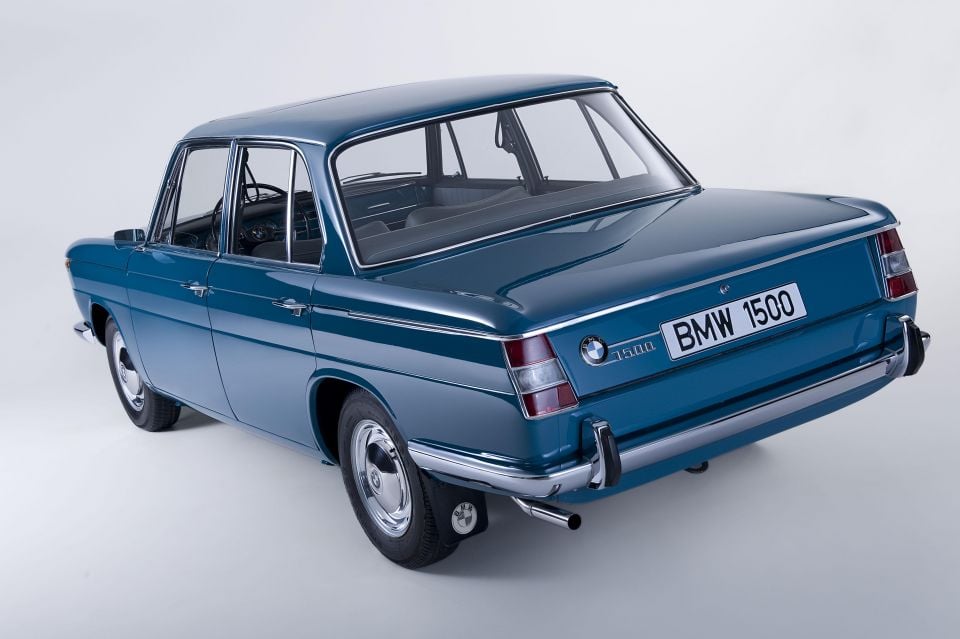
Other manufacturers have begun to offer dates when their ranges will be available only with electric drivetrains. Some are quite definitive, such as Volvo’s pledge to all-EV by 2030, while others are more vague, such as Mercedes-Benz stating it be all-electric “where market conditions allow”.
BMW has so far resisted calls to come out with a similar statement. Weber says the automaker is “vehemently opposed to naming a date for phasing out combustion engines” primarily because “the problem of not having enough charging stations cannot be solved overnight”.
He does believe, however, that “the future is electric”, although in his opinion “this transition will not be over in five or ten years”.
In its most recent statement on the matter, the automaker says EVs will account for 50 per cent of its global sales by 2030.
Derek Fung would love to tell you about his multiple degrees, but he's too busy writing up some news right now. In his spare time Derek loves chasing automotive rabbits down the hole. Based in New York, New York, Derek loves to travel and is very much a window not an aisle person.


Alborz Fallah
1 Hour Ago
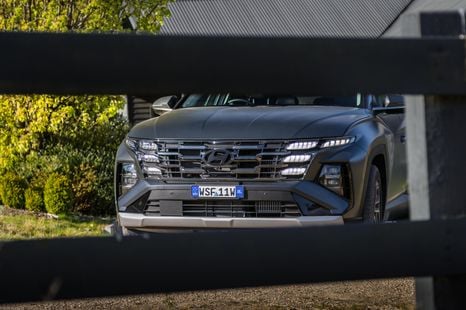

James Wong
2 Hours Ago
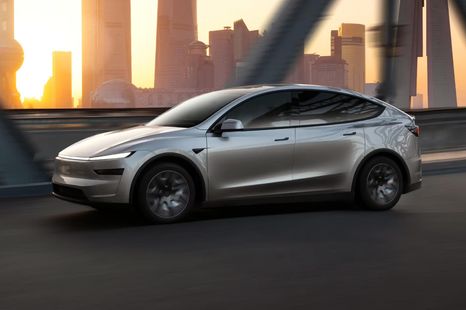

William Stopford
2 Hours Ago
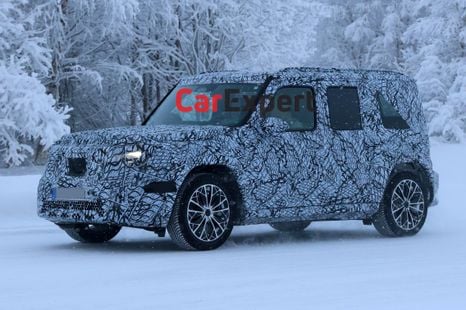

Derek Fung
3 Hours Ago
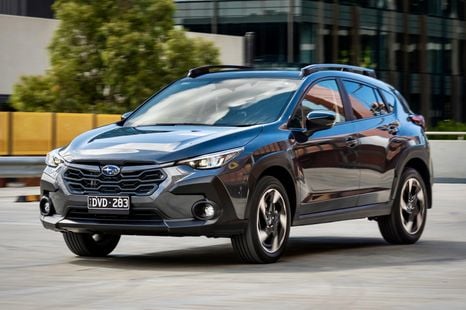

Max Davies
9 Hours Ago
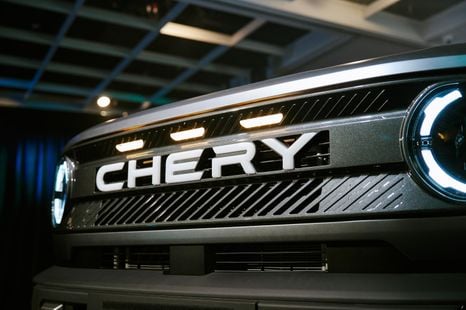

Damion Smy
18 Hours Ago
Add CarExpert as a Preferred Source on Google so your search results prioritise writing by actual experts, not AI.